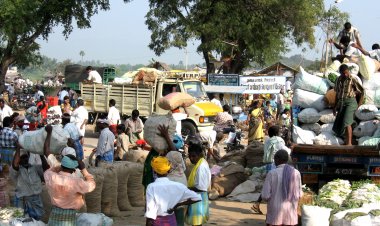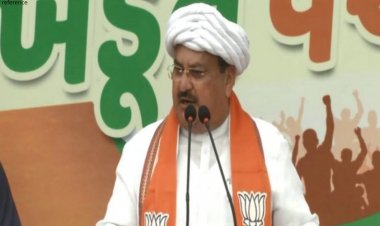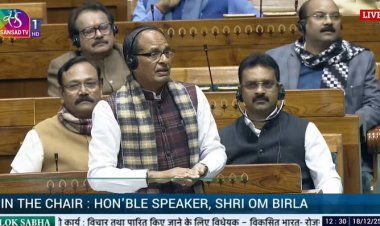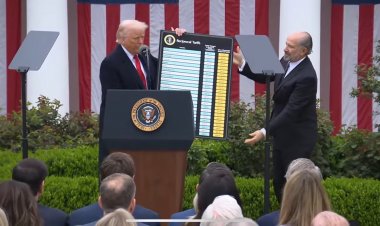PMFBY: Introspection, Expectations and Future Road Map
PMFBY is a scheme that has been in existence for the last few years and has contributed its part in addressing the farmers’ woes. However, it is now indispensable to refine the process of implementation of the objectives for this scheme in the context of smoothness, transparency and upscaling.
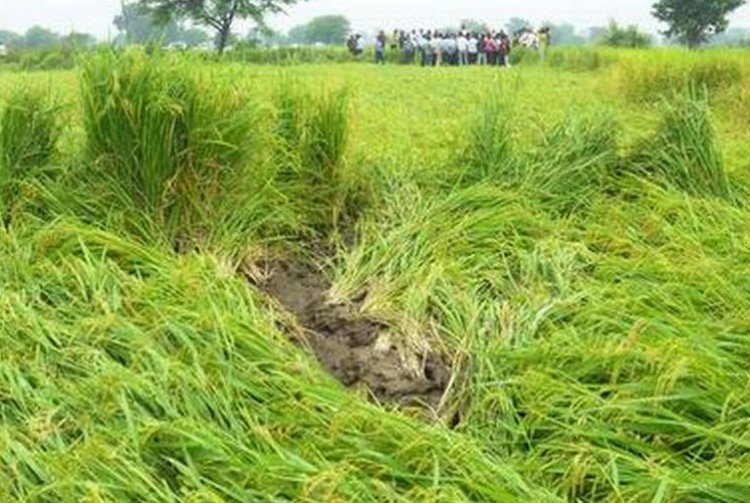
Pradhan Mantri Fasal Bima Yojna (PMFBY) is a scheme that has been in existence for the last few years and has contributed its part in addressing the farmers’ woes. It is the most comprehensive agriculture scheme in the world with the best coverage that can be given to farmers. However, it is now indispensable to refine the process of implementation of the objectives for this scheme in the context of smoothness, transparency and upscaling. The issues plaguing the scheme are as follows.
A delay in claim settlements was observed on many occasions, which perturbed the farmers. It is also important to highlight that a delay in releasing the yield data is one of the reasons responsible for the delay in settling claims. Time-bound action is required to address these aberrations. However, the unavailability of proper measures and infrastructure has been aggravating the situation instead of bringing a holistic solution to it. Any tussle between the government and insurance companies related to yield should not become the reason for increasing the grave situation of farmers, but this often happens. Discrepancies in yield data collection from the ground and manipulation by local administration or overzealous insurance company officials have become common, leading to not only wrong claim adjudication but also wrong production data of that area. This affects the overall yield estimates of the region.
The localized calamities, which are now happening with regular frequency, are covered under the policy. However, the claim settlement is more often than not delayed, denied or inadequately settled, leaving the farmer aggrieved. A more hybrid method, with the right mix of technology (UAV, Remote sensing, Weather analytics) and trained ground personnel, is required. It is to be noted that even after five years of PMFBY, there are very few crop loss assessment entities with trained manpower and domain experience.
Moreover, the dimension of this scheme needs to be reshaped considering the current challenges in terms of climate change and natural disasters. It is now necessary to understand that the aim of stabilizing the farmers’ income through this scheme would be difficult if inclusions of climate-resilient measures for agricultural practices are ignored in its scope. Furthermore, in the wake of rising frequent extreme weather events and uncertain hyperlocal scenarios, the implementation of advanced technologies such as Remote Sensing & GIS Analytics and robust frameworks using artificial intelligence and weather analytics is an absolute necessity for claims and risk management with efficacy and transparency.
In the wake of the farmers’ need, aggressive measures are now required to make PMFBY more relevant. Moreover, it is indispensable to expand the scope of this scheme to add the aspects of climate-smart agriculture. Otherwise, financial stability in farmers’ income would not be stabilized. And it is important to understand that optimal climate-smart interventions are dependent on the application of advanced technologies. So, this scheme should now encourage an aggressive use of cutting-edge technologies for risk management. In addition, a transparent framework needs to be formalized to save farmers from unnecessary harassment due to issues between government and insurance companies.
(Navneet Ravikar is Chairman & Managing Director, Leads Connect Services. Views expresed here are personal )



 Join the RuralVoice whatsapp group
Join the RuralVoice whatsapp group


















